Horror master William Friedkin does not deliver an easily digestible film with his risk-taking “Sorcerer” — but one well worth consuming.
Many films hold your hand. In every scene, at every beat, you, the viewer, are generally aware of what’s going on, and you may have a pretty good idea of what’s going to happen. The movie might carefully follow a set of narrative conventions, and the viewer can be reasonably expected to track those conventions.
Some horror and thriller films, however, are willing to leave their audiences in suspense for longer periods of time, to not let you know what’s going on.
This might be for the purpose of generating fear or mystery, but it’s always a risk.
The filmmaker doesn’t want the audience to be so suspended from the narrative resolution that they lose interest in the narrative altogether. But elongating suspense, dwelling in irresolution, is also evidence that the film trusts its audience to pay attention and to try to piece things together before they are explicitly revealed.
William Friedkin’s box-office flop Sorcerer (1977) does not hold your hand.
It may be one of the most daring and cleverly calculated risks in the history of thriller cinema. I have never seen a film that makes so little sense in its first hour, only for everything to come together so spectacularly in its second.
At least according to its promotion, Sorcerer is a thriller about a team of rugged and desperate men tasked with transporting volatile nitroglycerin across the Colombian jungle. And while this is a true description, it really isn’t the whole truth.
The film begins with a series of completely disconnected vignettes that take place all over the world: Veracruz, Jerusalem, Paris, and New Jersey.
Sorcerer throws us directly into the action, introducing us to its characters without any heavy-handed exposition.
The main characters from each location also seem to have no connection with each other, and this makes the first hour of the film really disorienting.
We get Nilo (played by Francisco Rabal), presumably an assassin; Kassem (played by Amidou), an anti-Zionist terrorist; Victor Manzon (played by Bruno Cremer), a wealthy but corrupt French businessman; and finally, Jackie Scanlon (played by Roy Scheider), an Irish-American gangster.
Each of their respective vignettes shows them committing some kind of crime and serves as a set-up for the main action of the film.
What makes Sorcerer so confusing, though, is that this setup is almost an hour’s worth of screen time.
Now destitute and exiled, all these characters finally end up together in the Colombian rainforest. And here is where Sorcerer’s plot gets going, and the film begins to shine. While the unstable nitroglycerin is inherently anxiety-inducing, Friedkin’s direction builds even more tension by making our characters ride over rough terrain, encountering various jungle obstacles along the way (including a famous scene involving a rickety bridge).
These sequences keep you on the edge of your seat since something could literally explode at any moment.
Another positive aspect of Sorcerer is its haunting score by the German electronic group Tangerine Dream.
Though somewhat sparse, the band’s low buzzy bass notes and sparkling synthetic tones permeate the soundtrack at key moments. In my opinion, the score shines most brightly in a fantastic montage sequence in which the trucks that our characters will pilot are being built.
Tangerine Dream would go on to score a couple of other films in the horror and thriller genres, including Kathryn Bigelow’s Near Dark (1987).
While there is much to praise in Sorcerer, there are other aspects of the film that might be difficult to swallow.
As already mentioned, the film refuses to make much sense in its first hour. This will be a negative to viewers who like tightly focused thrillers.
At over two hours, Sorcerer takes a long time to coalesce into something more than the sum of its parts.
Another possible negative is how the film depicts its characters. If Sorcerer were a Hollywood film in 2023, two things would probably be different. First, the characters would talk more about themselves; second, at least one character would function as a sympathetic, moral protagonist that the audience could latch on to. Friedkin’s Sorcerer refuses to give us either of these.
We find out very little about our main characters outside of the necessary information for the plot to progress. The characters are mostly stoic and laconic and only rarely talk about themselves or their feelings. In addition, all the characters are “bad” people. They are criminals whose circumstances have made them desperate. No one is depicted as a hero (or anti-hero).
While this amorality gives Sorcerer a sense of gritty realism, it might be off-putting to a viewer looking for someone they can identify with.
These caveats should not discourage you from watching Sorcerer, though. It is a confidently made, intense, and committed thriller that shows the director of The Exorcist and The French Connection at the zenith of his creative powers.
Sorcerer also represents a peculiar brand of 1970s cinema that really trusts its audience, that treats you as an active viewer and gives you a spectacular finale in return.


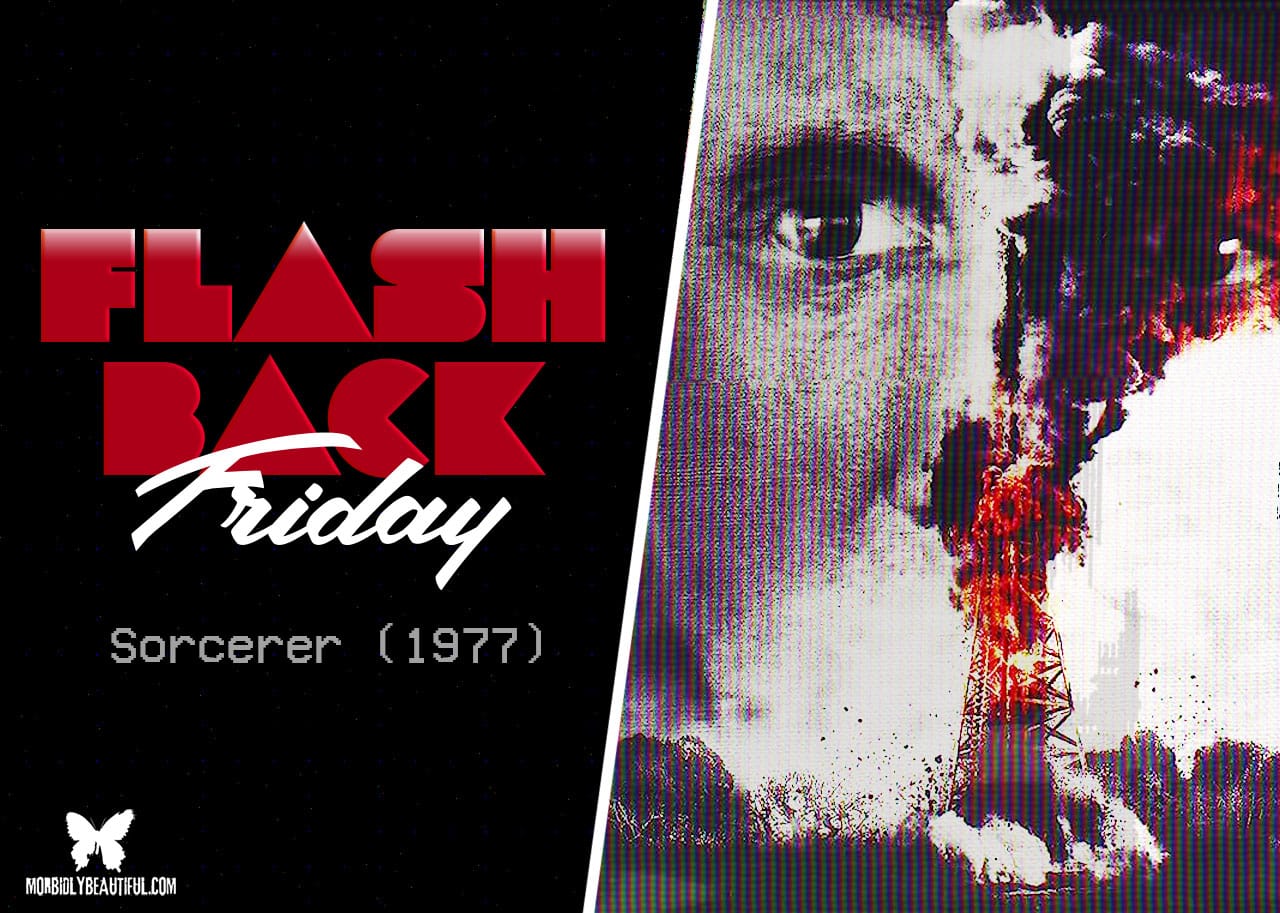
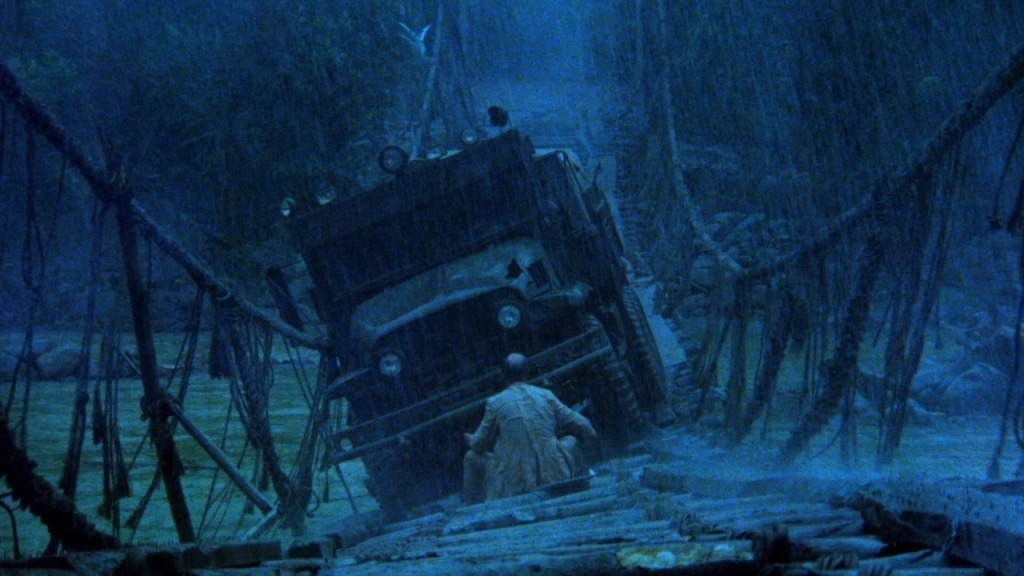
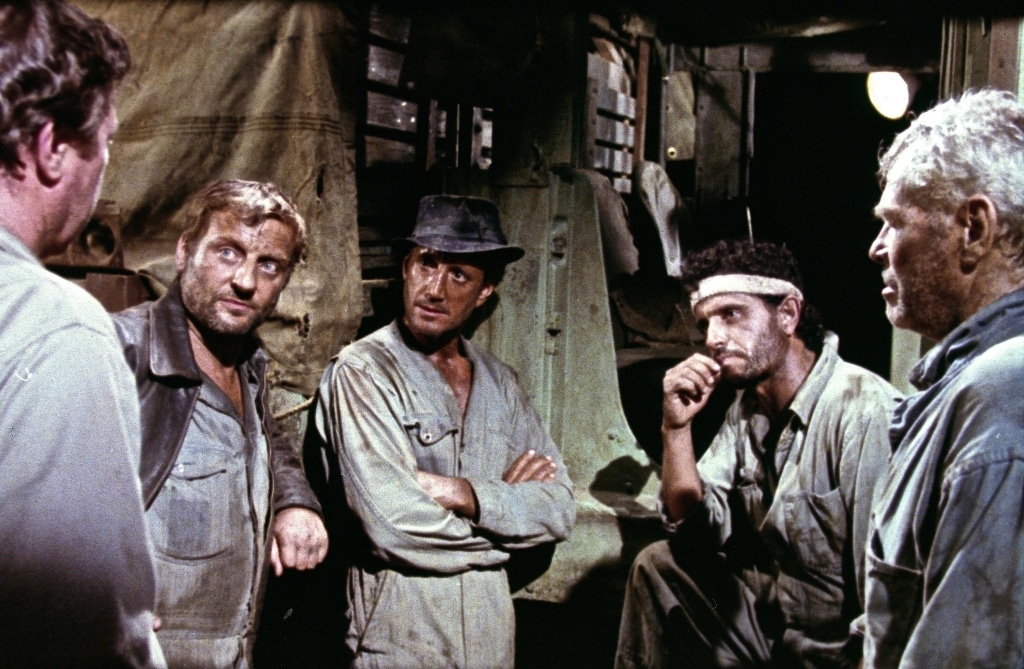
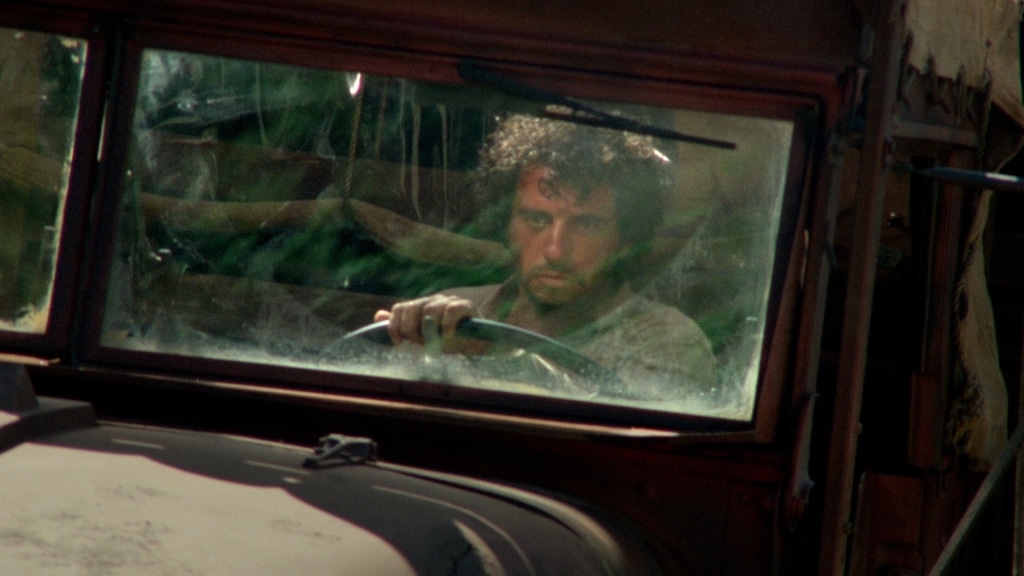
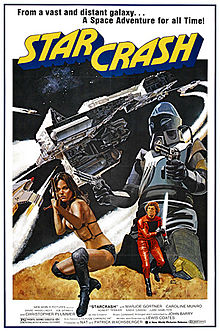

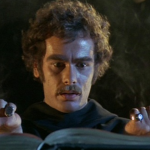
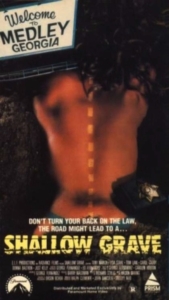








Follow Us!